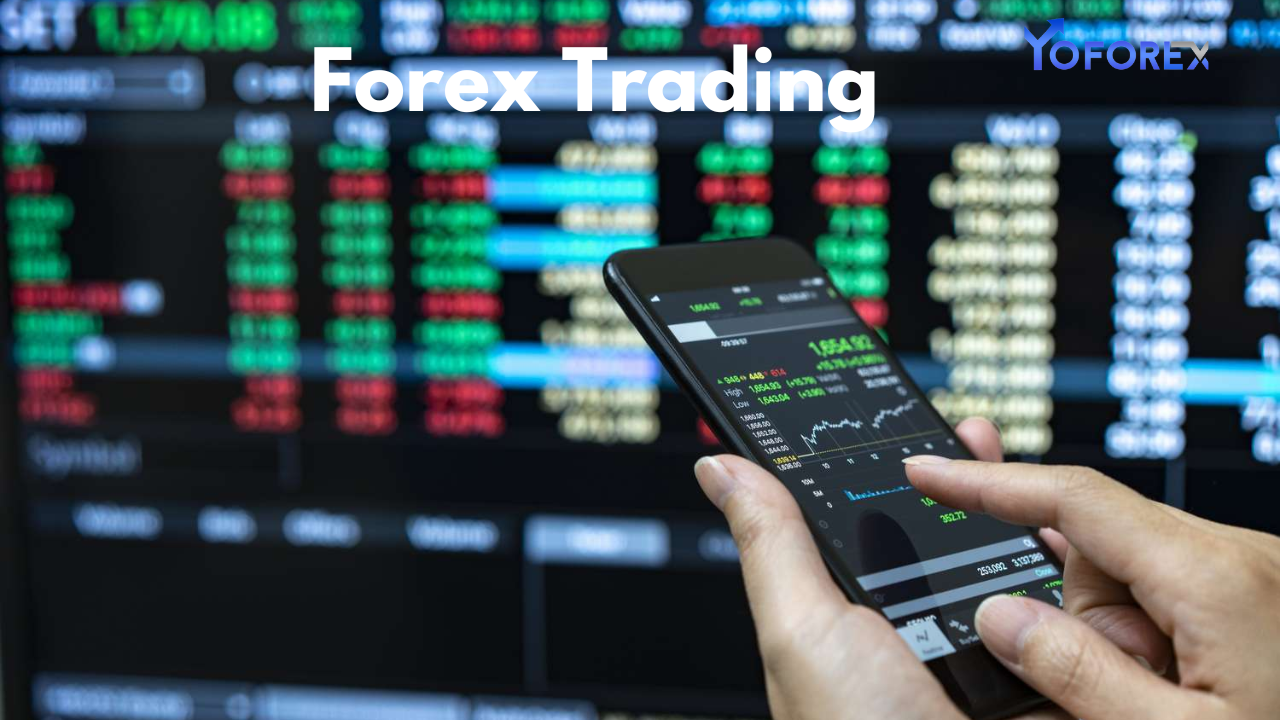Economic crises often bring uncertainty and volatility to financial markets, including forex trading. While these periods pose significant risks, they also present unique opportunities for traders who can navigate the challenges effectively. Understanding the dynamics of forex trading during economic crises can help traders make informed decisions and potentially capitalize on market movements.
Understanding Economic Crises and Their Impact on Forex Markets
Economic crises refer to periods of significant financial instability caused by factors such as recessions, geopolitical tensions, or systemic failures in financial systems. These crises often lead to heightened volatility in currency markets, creating both risks and opportunities for forex traders.
Key Characteristics of Economic Crises:
- Increased Volatility: Currency pairs experience rapid price fluctuations due to uncertainty.
- Flight to Safety: Investors seek safe-haven currencies like the USD, JPY, and CHF.
- Central Bank Interventions: Monetary policies, such as interest rate cuts or quantitative easing, influence currency values.

Opportunities in Forex Trading During Economic Crises
Economic crises can create unique opportunities for forex traders. Here are some ways traders can take advantage of volatile market conditions:
1. Volatility Creates Trading Opportunities
- Price Swings: Significant price swings provide multiple trading opportunities for short-term traders, such as scalpers and day traders.
- Increased Liquidity: Major currency pairs remain highly liquid, even during crises, allowing for efficient trade execution.
2. Safe-Haven Currencies
- During crises, investors often move their capital into safe-haven currencies like the US dollar (USD), Japanese yen (JPY), and Swiss franc (CHF).
- Example: In the 2008 financial crisis, the USD strengthened as global investors sought safety.
3. Opportunities in Commodity Currencies
- Commodity-linked currencies, such as the Australian dollar (AUD) and Canadian dollar (CAD), are influenced by changes in global demand for commodities.
- Traders can capitalize on price movements caused by shifts in commodity markets.
4. Central Bank Actions
- Central banks often respond to crises with monetary policy changes, such as cutting interest rates or implementing quantitative easing.
- Example: Anticipating a central bank’s rate cut can provide trading opportunities as currencies adjust to new monetary conditions.
Risks in Forex Trading During Economic Crises
While crises present opportunities, they also come with significant risks that traders must manage carefully.
1. Extreme Volatility
- Rapid and unpredictable price movements can result in substantial losses.
- Example: Flash crashes or sudden spikes in currency pairs can trigger stop-loss orders or margin calls.
2. Widening Spreads
- Brokers may increase spreads during periods of high volatility, raising trading costs and reducing profitability.
3. Illiquidity in Exotic Pairs
- Exotic currency pairs may experience reduced liquidity, leading to higher slippage and difficulty executing trades.
4. Emotional Decision-Making
- Fear and greed are amplified during crises, leading to impulsive trading decisions.
- Example: Overtrading or revenge trading to recover losses can exacerbate financial risks.
Strategies for Forex Trading During Economic Crises
To navigate the complexities of forex trading during economic crises, traders need to adopt well-thought-out strategies:
1. Focus on Major Currency Pairs
- Major pairs like EUR/USD, GBP/USD, and USD/JPY offer higher liquidity and tighter spreads, even during crises.
2. Monitor Economic Indicators
- Key indicators, such as GDP growth, unemployment rates, and central bank statements, provide insights into market trends.
- Example: Traders can use economic calendars to anticipate market-moving events.
3. Trade Safe-Haven Currencies
- Consider focusing on safe-haven currencies like the USD and JPY, which tend to strengthen during crises.
4. Use Technical Analysis
- Technical tools, such as moving averages, Bollinger Bands, and RSI, help identify entry and exit points in volatile markets.
- Example: Use Fibonacci retracements to find potential support and resistance levels.
5. Risk Management is Key
- Implement strict risk management techniques to protect capital.
- Use Stop-Loss Orders: Limit potential losses by setting predefined exit points.
- Avoid Overleveraging: Reduce leverage to minimize the impact of adverse price movements.
- Diversify Trades: Spread risk across multiple currency pairs.
Case Studies: Forex Trading During Past Crises
1. The 2008 Global Financial Crisis
- Impact: The USD and JPY strengthened as investors sought safe-haven assets.
- Opportunities: Traders profited from shorting risk-sensitive currencies like AUD and NZD.
- Lesson: Understanding market sentiment and safe-haven dynamics is crucial during crises.
2. The COVID-19 Pandemic (2020)
- Impact: Currencies like the USD initially strengthened due to global panic.
- Opportunities: Volatility created opportunities in EUR/USD and USD/JPY.
- Lesson: Central bank actions, such as rate cuts and stimulus measures, heavily influence currency movements.
Tools and Resources for Crisis Trading
- Economic Calendars:
- Track key events, such as central bank meetings and GDP releases.
- Volatility Indicators:
- Use tools like the Average True Range (ATR) to gauge market volatility.
- News Sources:
- Stay updated with real-time news from trusted sources like Bloomberg or Reuters.
- Risk Management Tools:
- Position size calculators and stop-loss/take-profit levels help manage risk effectively.
Conclusion
Forex trading during economic crises presents both opportunities and risks. While heightened volatility and market uncertainty can lead to significant profits, they also increase the potential for losses. By focusing on safe-haven currencies, monitoring economic indicators, and employing robust risk management strategies, traders can navigate these turbulent times effectively. Ultimately, success in crisis trading requires discipline, preparation, and the ability to adapt to rapidly changing market conditions.

